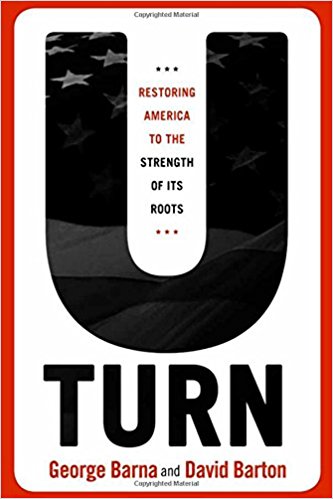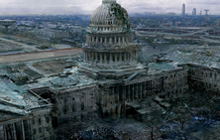“Interpretations of the past are subject to change in response to new evidence, new questions asked of the evidence, new perspectives gained by the passage of time. […] The unending quest of historians for understanding the past — that is, “revisionism” — is what makes history vital and meaningful.” —James M. McPherson
Why do people study history? A common response is that it helps us better understand ourselves. Both history and literature are useful for the perspectives they offer, as they allow us to learn through the actions of others. When you read about the past, whether historical or fictional, one goal should be to distinguish what is good from what is evil, in order to learn about humanity and the results of these actions. We often ask, “Who was in the right?”
But such an endeavor is built on some presuppositions that are not as commonly held today as they have been in the past. To truly identify good and evil, one must believe that truth, goodness, and beauty are real, actually exist, and can be known. The popularity of philosophical relativism and moral relativism has weakened the foundations of this once rather sturdy enterprise.
Without the supposition of real truth, the results of any analysis lose most of their meaning. In this type of environment, history can be reinterpreted continuously to fit potentially pernicious views.
Students of history must face these real issues as they wade through conversations about the revision or negation of historical information. It is one thing to discover there is sound evidence that contradicts previously supported positions. It is quite another to approach history holding one’s own beliefs as the ultimate authority and to deny any historical claims merely because they are inconsistent with your beliefs. Not surprisingly, men have been rewriting history for their own purposes for a long time.
Consider the following quotations:
“The most effective way to destroy people is to deny and obliterate their own understanding of their history.” ― George Orwell
“History is a set of lies agreed upon.” ― Napoleon Bonaparte
“And then Franklin smote the ground and up rose George Washington, fully dressed and astride a horse! Then the three of them, Franklin, Washington and the HORSE, proceeded to win the entire revolution single handedly!” ― John Adams
“Four or five years after World War II, they suddenly claimed that during that war, the Holocaust affair had taken place. In other words, according to their claims, several million Jews were burned in the crematoria. They created two slogans. The first was about the injustice suffered by the Jewish people. By means of lies, very twisted propaganda, and psychological warfare, they created the notion that the Jews suffered injustice, and, secondly, that they needed a land and an independent state. They acted so effectively that some of the world’s politicians and intellectuals were also deceived and influenced.” ― Mahmoud Ahmadinejad, former President of Iran, speaking of the Jewish Holocaust
These quotes approach revisionism from different points of view. Orwell sees the insidious danger of destroying history through blatant lies. Bonaparte may be frustrated that history will not treat him as favorably as he would like. Adams is commenting on the nature of man’s memory—that we tend to forget or gloss over certain aspects even of our own past. It is hard to understand the position of Ahmadinejad, but his negation of history is propelled by his beliefs, not by hard fact. At the heart of all of this is one question: Can we know what really happened in the past?
This course experience will first examine revisionism in general, including a few current examples, before moving to the various positions on the necessity and value of historical revisionism. Consider everything that is presented, and then decide where you stand.
Version 2.0











